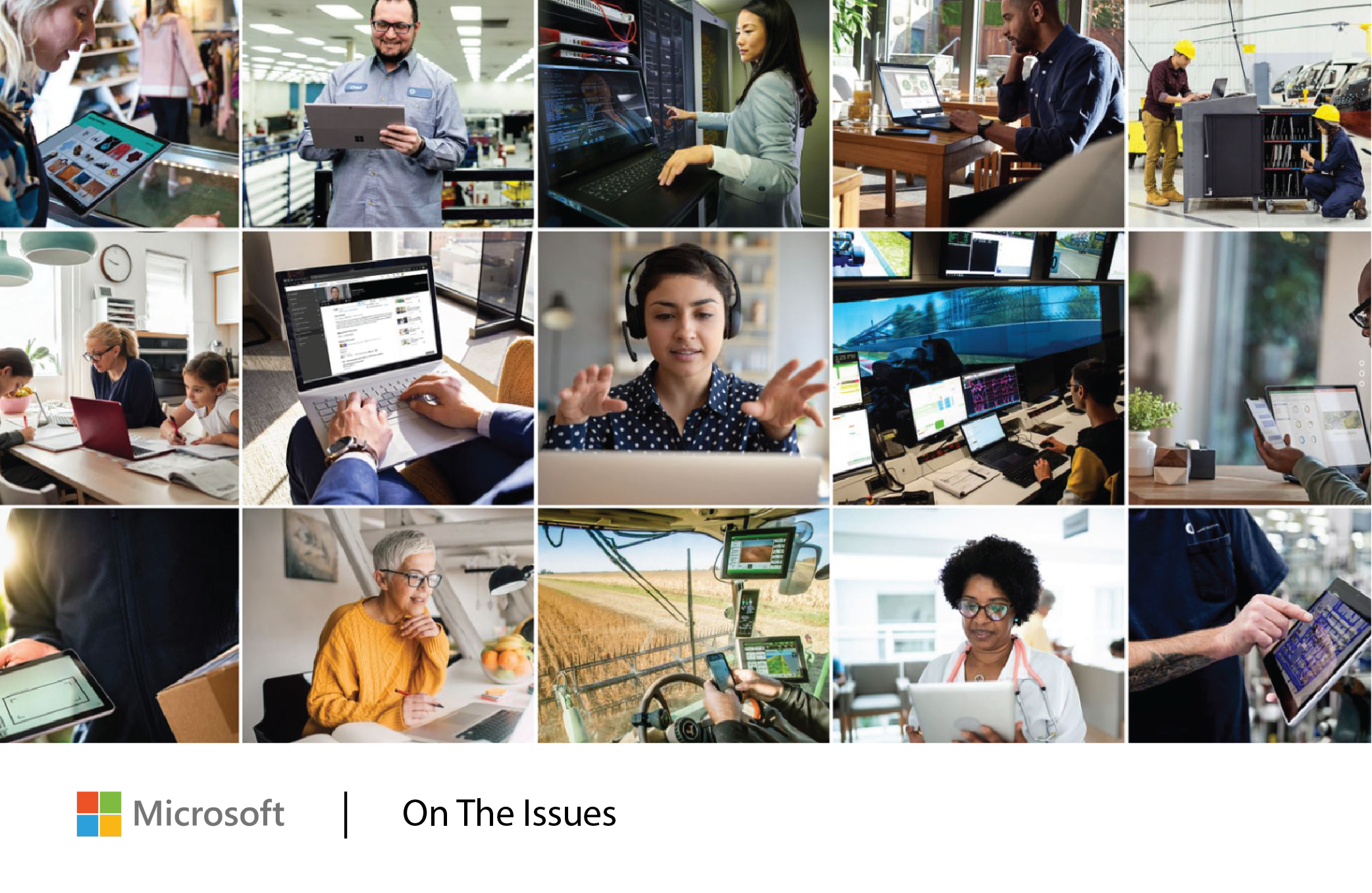Around the world, 2020 has emerged as one of the most challenging years in many of our lifetimes. In six months, the world has endured multiple challenges, including a pandemic that has spurred a global economic crisis. As societies reopen, it's apparent that the economy will not be what it was in January. Increasingly, one of the key steps needed to foster a safe and successful economic recovery is expanded access to the digital skills needed to fill new jobs. And one of the keys to a genuinely inclusive recovery are programs to provide easier access to digital skills for people hardest hit by job losses, including those with lower incomes, women, and underrepresented minorities.
To help address this need, Microsoft recently launched a global skills initiative aimed at bringing more digital skills to 25 million people worldwide by the end of the year. This initiative will bring together every part of the company, combining existing and new resources from LinkedIn, GitHub, and Microsoft. Read more on the Official Microsoft Blog.
More For You
People in support of former South Korean President Yoon Suk Yeol rally near Seoul Central District Court in Seoul on Feb. 19, 2026. The court sentenced him to life imprisonment the same day for leading an insurrection with his short-lived declaration of martial law in December 2024.
65: The age of former South Korean President Yoon Suk Yeol, who was sentenced to life in prison on Thursday after being found guilty of plotting an insurrection when he declared martial law in 2024.
Most Popular
In an era when geopolitics can feel overwhelming and remote, sometimes the best messengers are made of felt and foam.
The Hungarian election is off to the races, and nationalist Prime Minister Viktor Orbán is facing his most serious challenger in 16 years.
Does skepticism rule the day in politics? Public opinion data collected as part of the Munich Security Conference’s annual report found that large shares of respondents in G7 and several BRICS countries believed their governments’ policies would leave future generations worse off.
